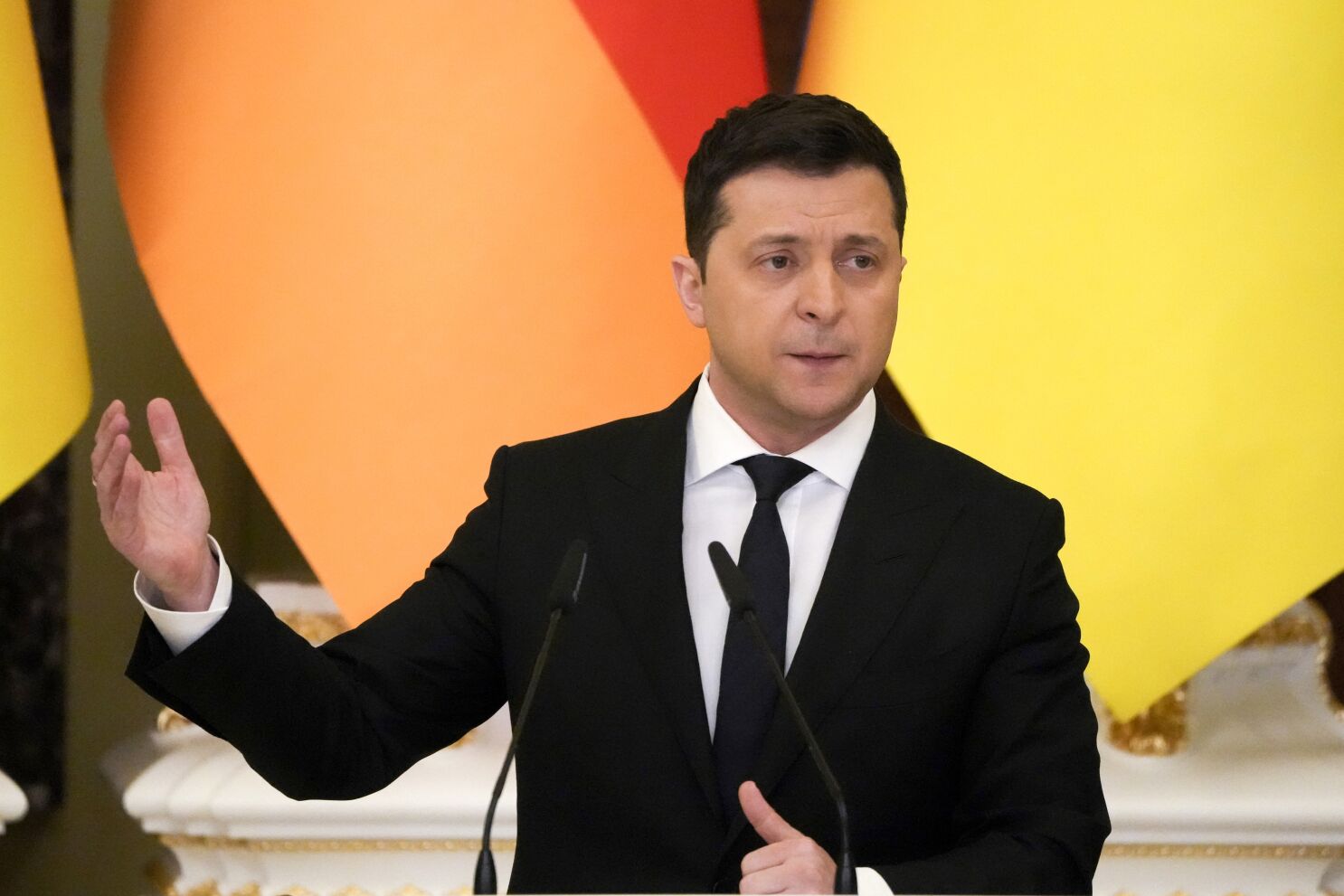Judging by the demands made by the Ukrainian government in particular to countries outside what the Sino-Russian alliance terms as the “Collective West”, those in power in Kiev believe that this is still the early 1900s, when the rest of the world revolved around Europe. It has come as a surprise to President Volodymyr Zelenskyy and a shock to his armourers in NATO that hardly any country outside that bloc has signed on to the US-UK-EU formulation that the sooner Russia gets defeated on the battlefield in Ukraine, the better it is for humanity. At least tens and in some cases hundreds of times more people have died as a consequence of the wars waged during the past two decades in Iraq, Afghanistan, Libya and Syria, and yet 95% of the attention and resources of the US and its NATO allies has been concentrated on Ukraine. Unsurprisingly, this has been noticed by countries in Africa, South America and Asia. Additionally, the weaponization through financial sanctions of the US dollar, the euro, the Swiss franc and other currencies has resulted in a move away from the earlier reliance on them in global trade. President Joe Biden has given the impression since February 2022 that to the White House, only Europe counts. This has led to moves such as the ongoing replacement of the Brent crude oil index with the Dubai index. Oil pricing is moving away from a currency seen as subject to the whims of the White House, the US dollar, into currencies outside the G-7. Western rating agencies repeatedly ignored often fatal defects in entities that operated within the Atlantic alliance (including until it was too late, Lehman Brothers and Credit Suisse). As a consequence, they are being replaced locally by indices that have sprouted in Asia, and which are regarded as more reliable and lacking the biases of their western counterparts. In the commodity markets as well, London and Chicago are giving way to competitors in Asia. The “rules-based” order so often urged upon others by the western powers consists of nothing other than rules created by them to ensure the absence of a challenge to western primacy.
The exit of Japan, the current chair of the G-7, from the prohibitions on purchase of Russian oil indicates that even Tokyo is finally beginning to accept that Asia is far more important to the future of Asia’s second-largest economy than Europe. Similar is the case with the US, except that Biden has not yet read the memo affirming that reality. If he had, he would have appointed a less Euro-centric diplomat than Kurt Campbell to be his envoy to the Indo-Pacific. The envoy’s efforts at persuading countries in the Indo-Pacific to fall in line behind the NATO catechism has made him irrelevant in the mission of strengthening ties between the US and Indo-Pacific powers. Campbell recently visited Honiara to call on Prime Minister Manasseh Sogavare of the Solomon Islands, who has ensured that his country has abandoned its longstanding ties with the US and Australia to become a PRC asset. In a signal to those in the region that standing up to Beijing was futile, Campbell on a visit to the Solomon Islands was uncaring of the fact that the ousted Premier of Malaita province, Daniel Suidani, was treated as unwelcome in the US. Despite, or perhaps because of, his opposition to the CCP, Suidani’s application for a visa to the US was initially turned down by the State Department, to Beijing’s glee. Only intervention by a bipartisan group of US legislators ensured that this rebuff to a fighter for democracy in his country was reversed.
The West persists in living in the past rather than facing up to the present. An example is the genuflection of Emmanuel Macron and Ursula von der Leyen to Xi Jinping in Beijing to get Xi to make Putin accept a ceasefire acceptable to Kiev. This when both are fully aware that it is China’s support that sustains Russia in its war on Ukraine. It is time for western capitals to act in a manner that recognises the changes in global geopolitics that mark the 21st century. This is essential when Beijing has been open about bringing back the world of the 19th century, this time around with China rather than the European powers as the dominant force.
MDN
The West in the 21st century
- Advertisement -

